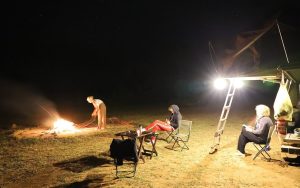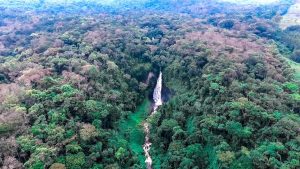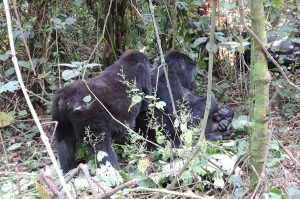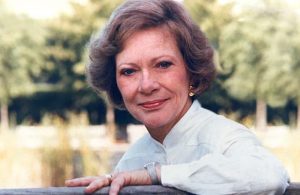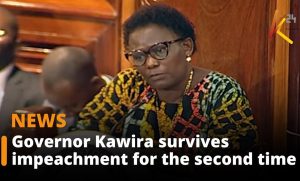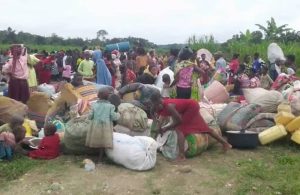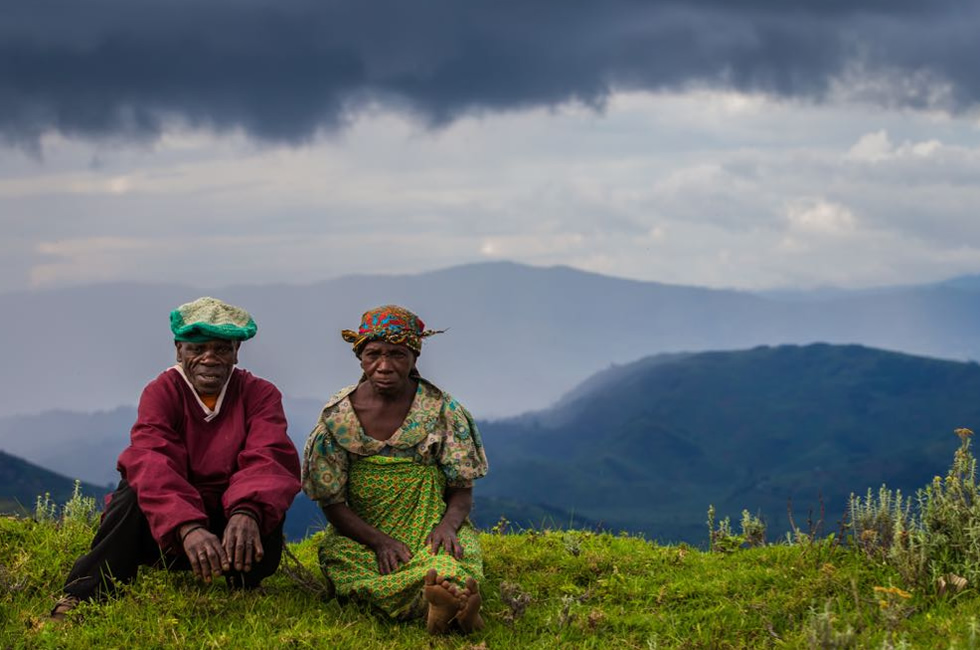
The Batwa, also known as Twa, Abatwa or Ge-Sera people of the Great Lakes Region are ancient tribe once specialists in hunting and gathering, and are said to have been the first inhabitants of the mountainous forests of the Rift Valley and one of the first Homo sapiens in the world with Kalahari San people.
They are part of a wider group of equatorial forest-dwelling peoples in Africa academically termed ‘Pygmies.’ Some people now refer to them as “the forgotten people of Great Lake Regions.” Currently they live as a Bantu caste. The forest was their home they are the guardians of the forest and its primary benefactors. It provided them with forest skills, sustenance and herbal medicines, and contained their sacred sites. The estimated population of the Batwa in Rwanda, Burundi, Uganda and Eastern Congo is between 86,000 and 112,000, making them a significant minority group in these countries.
Current populations are found in Rwanda, Burundi, Uganda, and the eastern portion of the Democratic Republic of Congo.
In 2000, they numbered approximately 80,000 people, making them a significant minority group in these countries.
Traditionally, the Batwa are a semi-nomadic “hunter-gatherer” community, living and depending solely on the resources of the mountain forests of the Lake Region, which they have called home for over 4,000 years. They are the first known inhabitants of the mountain forests of central Africa.
With economic activity in the region expanding and causing the clearing of forests for agriculture, logging, development projects, or creation of conservation areas, the Batwa were forcibly evicted and some forced into new settlements on the fringes of the now gazetted and protected forests, while others were forced to move to urban areas.
Many Batwa died during the early years of exile, and the tribe’s very existence was severely threatened- the means of livelihood outside the forest became totally hard.
In the late 90s to date many projects have come up purchased land and established programs to improve conditions for the tribe—home-building, schools, a hospital and clinics, water and sanitation projects, income generation, and the promotion of indigenous rights and these projects have been foreseen by both the international and local communities with great credit to The Kellerman Foundation in Bwindi Forest National Park. There are also batwa community settlement projects in Volcanoes National Park in Rwanda and Virunga National Park in Democratic Republic of Congo.
The projects are now being run by the Batwa and other local staff through which they get support for their survival in the unfamiliar territories.
Tourist from all over the world that find their way in these destinations have come to appreciate their visits to the Batwa communities. The Batwa entertain the tourists through their traditional dances and performances exhibiting what used to be their way of life- a visit to the Batwa Community is “a trip down the memory lane”. The fees paid by tourist for the Batwa experience in the respective communities contribute so much to the improvement of their lives and empowerment.
Most of these Batwa communities are located in the outskirts of their original habitat forests that are now home to the mountain gorillas in Bwindi impenetrable National Park (Uganda) and Mgahinga Gorilla National Park in Uganda, the Volcanoes National Park (Rwanda) and Virunga National Park (DRC). As these forests receive tourists for gorilla tracking adventures throughout the year, they should take a short trip to the Batwa, not only do they get entertained, they are playing a big role to betterment of lives of the former guardians of the gorilla habitat. This short trip to the Batwa can be an extension of your gorilla trekking tour in Uganda or Rwanda. While planning your trip, make sure that you include the Batwa Experience within your trip itinerary.
